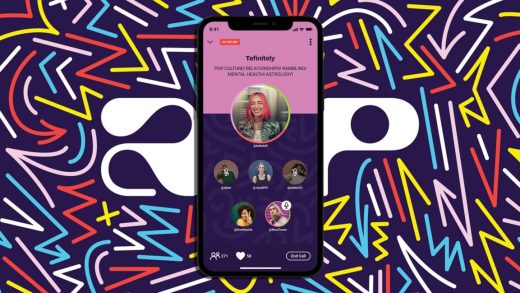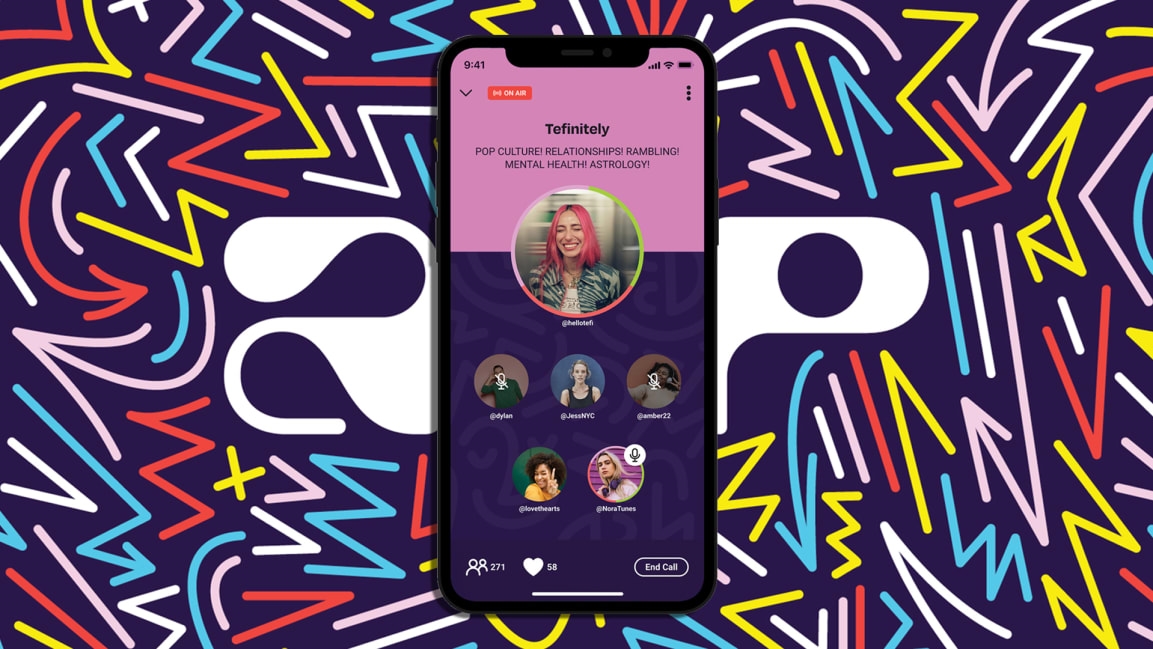Amazon’s Amp has potential as a music hub, but it’s still a work in progress
After months of speculation, Amazon finally gave users a peek at Amp, a live radio app that it sees as a competitor to Clubhouse. The early results showed potential, even if the current iteration was light on customization.
Amp says it will allow users to “be a DJ” of their own online space, letting them create live shows where they can discuss, well, anything. Amazon has already lined up an army of celebrities and personalities to drum up interest in the platform: Influencers Nikita Dragun and Tefi Pessoa are signed on to host live radio shows, and Big Boi and Pusha T will be broadcasting live concerts. Even Nicki Minaj is reportedly on board with a reboot of her beloved talk show, Queen Radio, which she said is coming back on April 8.
Though the app is still in beta, Amazon let a select group of users “run the airwaves” on Tuesday. I was one of the lucky few to get an invite to the app and see the platform’s new digs. As I made my way around, I was constantly reminded that I was still using a beta version—because there was a lot missing.
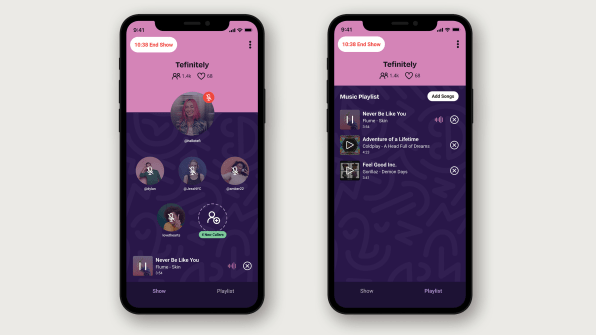
When creating a profile on Amp, users can pick their interests from different categories, such as music, entertainment, and life & culture. Then, once you’re on the main page, you can swipe through different “rooms” that people have created.
The home screen displays a carousel of rooms that I was able to pop into at any time. There was no explanation as to why these specific rooms were chosen for me. The app started to be taken over by Minaj fans who were given an access code by Minaj on Instagram Live, which left me swiping for some time to see who else had created rooms. Finally, finding a sprinkling of non-Barbz rooms, I was able to enter spaces with DJs playing all different types of music.
Among the highlights, I found: a room playing ’90s/2000s throwback songs, an R&B/disco room, and a room dedicated to playing female jazz musicians from the 1930s through the ’70s. All of them were enjoyable, and I had these playing in the background while I completed other tasks throughout my day. (If there’s a critique, it’s that some of the hosts were a little long-winded. Give me a “silent” room, where the DJ just plays music.)
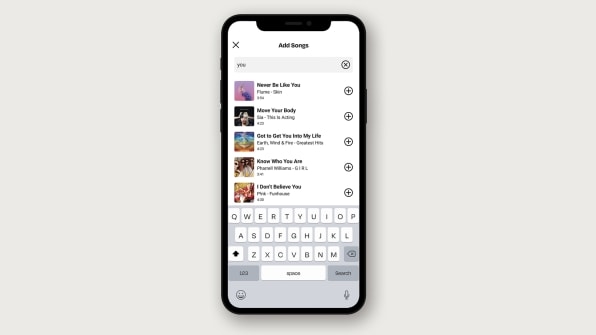
Amp said it plans to add more features like Alexa integration and discovery features—the latter of which was sorely missing. If I’m going to use an app that lets someone choose music for me, I’d like to pick a DJ with similar interests. It was difficult to tailor that experience; being left to pick from a select few made me want to just listen to my own music.
An audio-based platform has yet to become a staple in the average social media users rotation. Clubhouse appeared on the verge of changing that, but its star fizzled quickly. According to Forbes, Clubhouse reached 900,000 monthly downloads in April 2021, a huge drop from the 10 million it hit in February of the same year. But Clubhouse’s nosedive hasn’t deterred others from social audio platforms: Established apps like Meta and even LinkedIn are planning to join Twitter with their own versions of audio-only features.
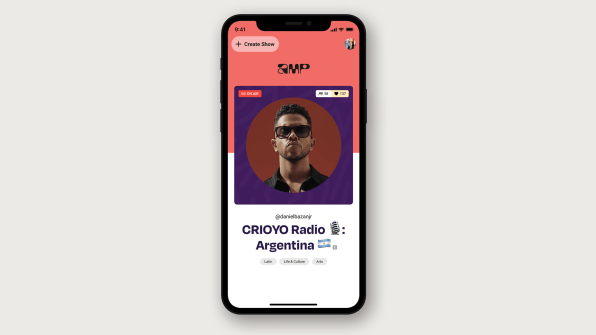
Falon Fatemi, the founder and CEO of Fireside, an interactive entertainment platform she founded with Mark Cuban, recently made a salient point in talking about the longevity of social audio platforms and why many of them haven’t lasted. “To survive, platforms will also need to successfully incentivize creators to join their platforms,” Fatemi wrote in an article for Forbes. “They will need to invest in long-term relationships with creators so that conversations remain expert-studded, interesting, and relevant.” This points to why Clubhouse fell out of favor so quickly: Bad actors were allowed to continue roaming the apps with little to no consequences, pushing more reputable creators out the door. Hopefully, Amp takes some cues from Clubhouse’s struggles.
A new app is always exciting, especially when it comes from a tech giant like Amazon. It gives creators an opportunity to engage with their audience in new ways and maybe even reach new people. But, if the creators find that they’re not getting much out of the new venture, they’ll be quick to drop it and so will their fans. As nice as Amp’s splashy celebrity partnerships might be, if social audio platforms of yore have taught us anything, it’s that hype dies quickly, but clout is forever.
(50)

